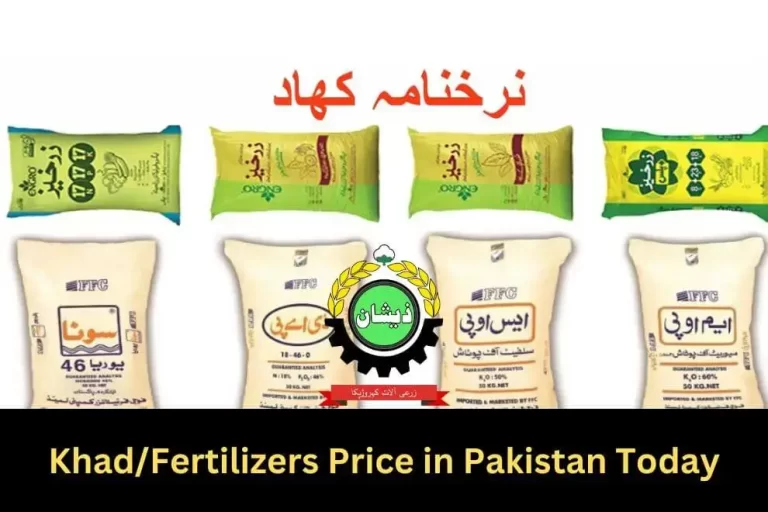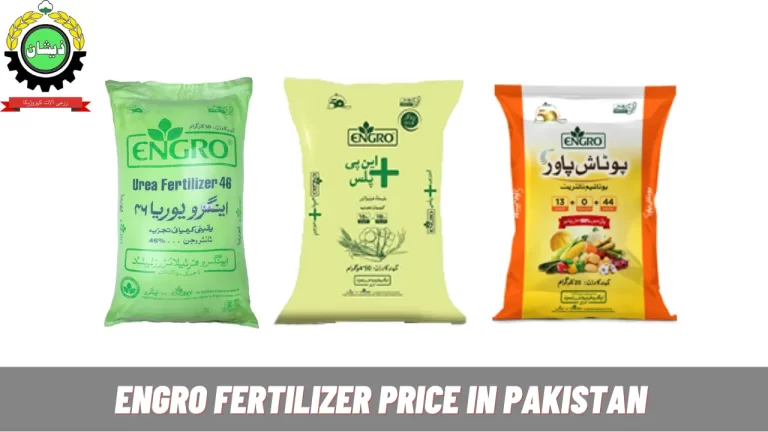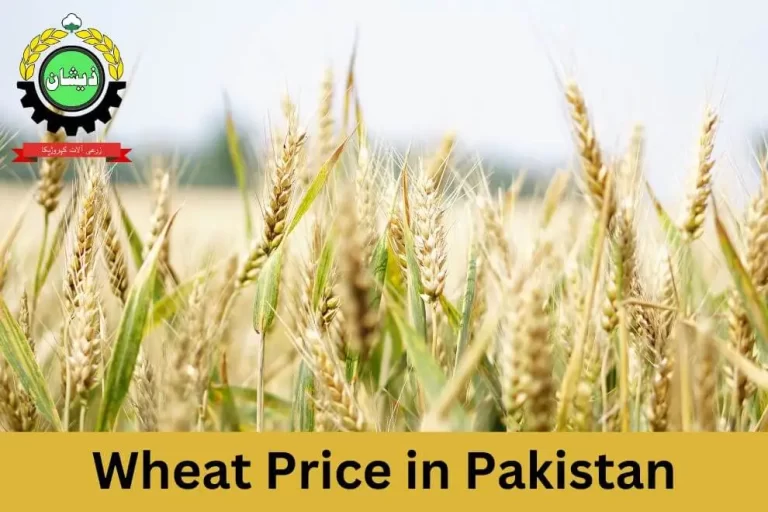Rice Price in Pakistan Today 2025 | 1KG, 40KG & 50 KG Rate List
Rice price in Pakistan per kilogram varies by variety and region, ranging from Rs. 270 to Rs. 480. Basmati rice, including premium varieties like Super Basmati, is priced higher, typically between Rs. 390 and Rs. 480 per kg, while non-Basmati varieties like IRRI-6 and KS-282 range from Rs. 270 to Rs. 350 per kg. Prices are influenced by factors such as quality, demand, and regional market conditions, with urban areas like Karachi and Lahore often seeing higher rates.

Rice Price in Pakistan 2025 Today | Chawal Rate
1 KG Rice Price in Pakistan Today Rates | پاکستان میں چاول کی قیمت
The price of 1kg of rice in Pakistan can vary depending on various factors. On average, the price ranges from Rs. 310 to Rs. 420 per kilogram. Factors such as the quality of rice, the specific variety, and market demand can influence the price. Higher-quality or specialty varieties of rice may command higher prices, while more common varieties might fall toward the bottom end of this range. Below is the list of rice prices in different cities of Pakistan including Karachi, Lahore and Multan.
| Quantity | Minimum Price | Maximum Price in PKR |
|---|---|---|
| 1 KG | Rs. 310 | Rs. 420 |
25 KG Rice Price in Pakistan
For those looking to buy rice in larger quantities, a 25-kilogram bag is a popular option. The price range for a 25kg bag of rice in Pakistan typically varies from Rs. 5000 to Rs. 7800. The cost may vary based on the rice variety, brand, and market conditions.
| Quantity | Minimum Price | Maximum Price in PKR |
|---|---|---|
| 25 KG | Rs. 7500 | Rs. 8040 |
40 KG Rice Price in Pakistan
Bulk buyers or households with higher rice consumption often favor purchasing 40kg bags of rice at once. Prices typically range between Rs. 2700-6400 in Pakistan. However, factors such as rice quality, brand reputation, and regional market dynamics can influence the price range. Here is the complete list of different brands of rice, including the price of basmati rice in Pakistan.
| Brand Names | White | Sella | Steam |
|---|---|---|---|
| Supri 40 KG Price | Rs. 3700 | Rs. 5500 | Rs. 4150 |
| Kainat 1121 Short Grain 40 KG Price | Rs. 4300 | Rs. 4500 | Rs. 4650 |
| Super Basmati Old 40 KG Price | Rs. 5600 | Rs. 6100 | Rs. 6600 |
| Super B2 Broken 40 KG Price | Rs. 3400 | Rs. 3550 | Rs. 3750 |
| Kainat 1121 B1 Broken 40 KG Price | Rs. 3560 | Rs. 3600 | Rs. 4100 |
| C 9 40 KG Price | Rs. 3700 | Rs. 4000 | Rs. 4150 |
| Super Fine 40 KG Price | Rs. 4200 | Rs. 4000 | Rs. 5050 |
| Super 1509 40 KG Price | Rs. 5300 | Rs. 5500 | Rs. 6050 |
| Kainat 1121 40 KG Price | Rs. 6150 | Rs. 7050 | Rs. 7500 |
| Super Short Grain 40 KG Price | Rs. 4100 | Rs. 4450 | Rs. 4550 |
| Irri 6 40 KG Price | Rs. 3300 | Rs. 3550 | Rs. 3850 |
| Basmati 386 40 KG Price | Rs. 3900 | Rs. 4500 | Rs. 4550 |
| New Super Basmati 40 KG Price | Rs. 5650 | Rs. 5600 | Rs. 6500 |
50 Kg Rice Price in Pakistan
The price for a 50kg bag of rice in Pakistan ranges between Rs. 15050 to Rs. 16800. The price depends on factors like supply and demand, market conditions and quality of supply. It’s important to stay updated on the prevailing market rates to make informed purchasing decisions.
| Quantity | Minimum Price | Maximum Price |
|---|---|---|
| 50 KG | Rs. 14999 | Rs. 16400 |
Read the Prices of Related Crops:
Wheat Price in Pakistan Today | Gandum Rate per 40KG
Cotton Price in Pakistan Today Phutti Rates in Market
Munji Rate in Pakistan Today
The current Munji rate in Pakistan ranges from Rs. 2050 to Rs. 5150. Prices vary based on rice variety, quality, and market conditions.
| Rice Variety | Minimum Price | Maximum Price |
|---|---|---|
| Super 1509 Munji (Old) | Rs. 4650 | Rs. 5000 |
| Hybrid LP-18 Munji | Rs. 2250 | Rs. 2660 |
| Super Fine 1692 Munji | Rs. 3200 | Rs. 4200 |
| IRRI Fine Munji | Rs. 2300 | Rs. 3250 |
| Hybrid Munji | Rs. 2160 | Rs. 2800 |
| Supri Munji | Rs. 2300 | Rs. 2850 |
| Laal-86 Munji | Rs. 2600 | Rs. 3200 |
| IRRI-6 Munji | Rs. 2050 | Rs. 2750 |
| Super Kainat 1121 Munji (Old) | Rs. 4700 | Rs. 5150 |
| Super 1509 Munji | Rs. 3200 | Rs. 4250 |
Munji Price in Different Cities (Super 1509/1692 & Others)
| City | Minimum Price | Maximum Price |
|---|---|---|
| Lahore | Rs. 3150 | Rs. 4250 |
| Multan | Rs. 3050 | Rs. 4200 |
| Islamabad | Rs. 3200 | Rs. 4300 |
| Karachi | Rs. 3050 | Rs. 4200 |
| Ali Pur Chatha | Rs. 3200 | Rs. 4200 |
| Faisalabad | Rs. 3100 | Rs. 4250 |
| Gujranwala | Rs. 3100 | Rs. 4300 |
| Sialkot | Rs. 3200 | Rs. 4200 |
| Hafizabad | Rs. 3100 | Rs. 4100 |
| Arifwala | Rs. 3100 | Rs. 4200 |
Factors Affecting Rice Prices
Several factors contribute to the fluctuations in rice prices in Pakistan. Here are some key factors to consider:
Demand and Supply Dynamics
- Rice prices rise when demand exceeds supply.
- Prices may drop if supply surpasses demand.
Government Policies and Interventions
- Import/export regulations, subsidies, and farmer support influence prices.
- Government actions help stabilize the market.
Climate and Natural Disasters
- Weather conditions, droughts, floods, and pests can reduce supply.
- Such events often lead to significant price increases.
Tips for Finding the Best Rice Deals
Finding the best rice deals in Pakistan requires some savvy shopping strategies. Here are a few tips to help you locate the best rice deals:
- Compare prices: Don’t rush to decide without thoroughly researching prices from various retailers or suppliers. Take the time to compare them before making any commitment. Visit local markets, supermarkets, or even online platforms to check for any ongoing promotions or discounts. By doing this, you will ensure maximum returns from your investment.
- Consider quality: Quality matters as much as price when selecting rice products. Different rice varieties have distinct characteristics and flavors. Assess the quality of the grains, their aroma, and cooking properties to ensure you’re purchasing rice that meets your preferences.
- Bulk buying: Purchasing rice in bulk quantities, such as 25kg, 40kg, or 50kg bags, can often lead to cost savings. Compare the prices per kilogram for different bag sizes to determine the most economical option. However, be mindful of your consumption needs and storage capacity before opting for bulk purchases.
- Local suppliers: Consider buying rice directly from local farmers or suppliers. This approach eliminates middlemen and associated costs, allowing you to get rice at more affordable prices potentially. Look for farmer’s markets or community-supported agriculture programs that connect consumers with local producers.
By following these tips, you can navigate the rice market in Pakistan more effectively and find the best rice deals that suit your budget and preferences.
Read the Prices of Related Crops:
Maize Price in Pakistan Today | Latest Corn Makai Rate
Black Wheat in Pakistan | Latest Prices and Benefits
Overall Conclusion
Rice prices in Pakistan may vary depending on factors like quantity, brand variety, and regional dynamics. Consumers can make informed decisions by comparing prices, considering quality options available, and taking advantage of any promotions or subsidies available in their area. Staying updated on rice price trends and future outlooks is essential to staying ahead in this competitive marketplace.
Frequently Asked Questions (FAQs)
The high rice prices in Pakistan can be attributed to various factors such as production challenges, export demand, and government policies. Adverse weather conditions, increased international demand, and changes in trade regulations can all contribute to the high prices. Additionally, the cost of production and market speculation can further impact rice prices in the country.
Yes, Pakistan offers a range of specialty rice varieties such as Basmati, Jasmine, and Kainat. These varieties are known for their distinct aroma and flavor.
Rice prices can experience fluctuations due to various factors such as supply and demand dynamics, market conditions, and government policies. It’s advisable to stay updated on the prevailing market rates for the most accurate information.
During certain seasons or festivals, retailers may offer promotions or discounts on rice, making it a good time to find lower prices. Festivals like Eid-ul-Fitr or local harvest seasons may present such opportunities.
Rice prices can be influenced by various factors that are subject to change. It’s challenging to predict the exact future price trends. However, staying informed about market conditions, climate patterns, and government policies can provide insights into potential price movements.






